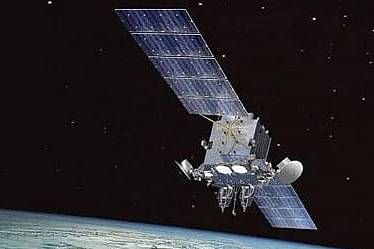Starlink, owned by Elon Musk, provides mobile broadband internet services around the world by sending artificial satellites into low Earth orbit. As an alternative to Starlink, China's Internet-service provider Gypsies is slowly building a satellite network in low Earth orbit. In the meantime, the company is also providing internet services through satellite. Gypsies said in a statement that the agency has so far launched 30 artificial satellites. This satellite network can provide internet service to 90 percent of the world around the clock.
Gyspes satellites operated at an altitude of 300 to 2 thousand kilometers above the Earth's surface. Due to their cheapness, fast internet service can be provided through these satellites. The agency plans to launch the first artificial satellite in 2022. Gypsies plans to build a network of about six thousand satellites in all. And so Gispes is being considered as an alternative to Starlink.
Gispes will send 72 satellites into orbit to provide Internet services around the world by the end of 2025. In the second phase, the company will send 264 satellites for mobile communication. In the third phase, 5,676 satellites will be launched for high-speed broadband. Starlink currently provides internet services around the world using around 5,500 satellites.
In addition to Gispes, several other Chinese companies are working to send artificial satellites into low Earth orbit. Last August, China's state-owned Shanghai Spacecom Satellite Technology launched multiple satellites from Taiwan. That network is also known as the G60 Starlink plan. As part of this programme, the company will launch 108 satellites this year. The agency also plans to deploy 6,648 satellites by the end of 2025 and 15,000 artificial satellites by 2030.
Source: Reuters



